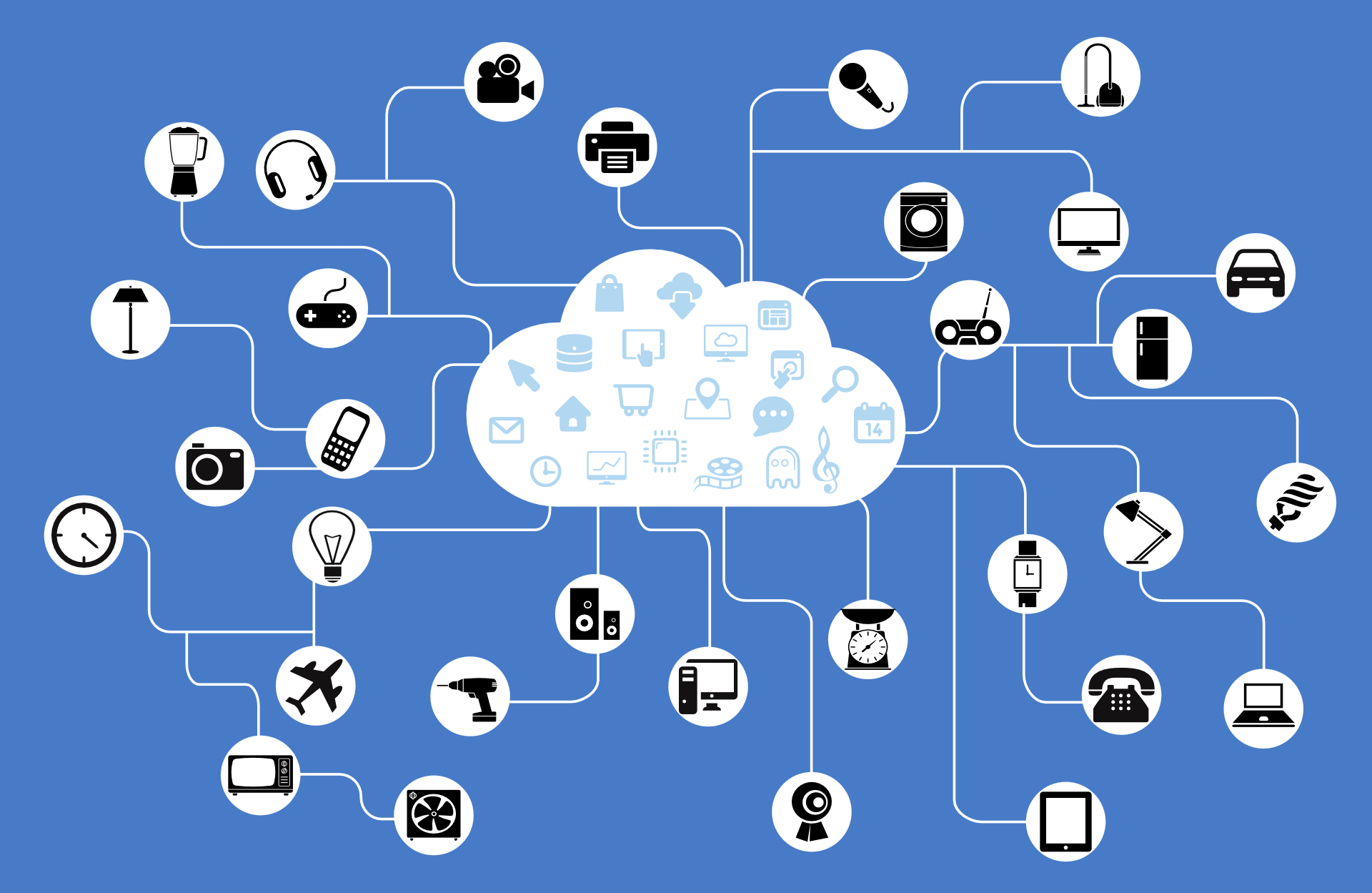 NEWS
NEWS
 NEWS
NEWS
 NEWS
NEWS
Few disagree that the Internet of Things is accelerating at rapid speed. Gartner Inc. predicts there’ll be more than 25 billion connected devices in the world by 2020, generating revenues of more than $300 billion for those who catch the wave. But even with this massive amount of growth being forecast, most enterprises fail to understand the opportunity and are not invested in the IoT. Consulting firm Bain & Company Inc. believes a big reason for this is that the definition of the “Internet of Things” is still being misrepresented.
To try and add some clarity to the issue, Bain & Company recently published a new report that focuses on “the major emerging battlegrounds” in the IoT that enterprises need to be aware of.
The consumer IoT market will be led by mobile giants such as Apple, Google and Samsung Electronics Co. Ltd., which are set to extend their lead in the market with the launch of new products in the realm of autonomous machines, robots and smart homes. The next battleground is already emerging, Bain & Company claims, with Google leading the way through its acquisition of smart thermostat maker Nest Labs, but Samsung (with its purchase of SmartThings) and Apple (through its launch of HomeKit) are not far behind.
Bain & Company says whichever vendor is able to create the most dynamic and useful smart home system will be able to lock more customers into their ecosystem, further cementing their lead in the segment. It’s difficult enough to switch from an Android phone to iOS, but imagine trying to do so when your Android-powered car doesn’t connect to your iOS phone, or vice versa, the consultancy warns.
The German government is so sold on the Industrial Internet that it’s taken to calling it “Industry 4.0”. Bain & Company believes the Industrial Internet will be even bigger than the consumer market, providing enormous opportunities for some of the world’s largest industries to reduce costs, increase demand and expand their reach. For industries involved, partnerships will become critical, Bain & Company says. Those businesses that can best cooperate with technology firms will see massive rewards for years to come.
It’s no secret that networking giants like Cisco Systems Inc., Ericsson, Huawei Technologies Co. Ltd., and Nokia Corp. are already heavily invested in the IoT. These companies see it as a massive opportunity to drive new profits, because numerous industries will demand to be able to carry out analysis of their networks in real-time. And the only way to do so is with a highly efficient network that’s able to support super-fast Internet speeds.
Of course, it’s not only the mega industries that will demand greater networking resources, but smart homes too. Consumers are going to need access to much faster and more expansive networks than they currently have, and building them will necessitate faster routers and networking infrastructure to ensure Wi-Fi reaches every corner of their homes.
The spread of IoT in the enterprise will lead to much greater demand for real-time analytics of networks, servers, sensors and machines. Indeed, analytics will become so big that enterprises will eventually require dedicated cloud servers to be able to perform it, and that can only benefit cloud vendors like Amazon Web Services and Microsoft Azure.
Bain & Company believes close partnerships between businesses and analytics providers could lead to new innovations in multiple areas, and cites examples such as the collaboration between agricultural machinery manufacturer Deere & Company and Amazon Web Services, and the partnership between IBM and healthcare firm Medtronic Co. Ltd.
The emergence of technologies like driverless cars, drones and robotics will lead to greater autonomy that delivers many benefits for both consumers and the enterprise. Drones grab headlines with alarming regularity, and already companies like Amazon.com, Inc. and Google are testing them for deliveries, surveying and other purposes. In Japan, robots are already taking jobs from humans in businesses such as hotels and restaurants, while companies like Uber and Google have been testing autonomous cars for some time already.
Support our mission to keep content open and free by engaging with theCUBE community. Join theCUBE’s Alumni Trust Network, where technology leaders connect, share intelligence and create opportunities.
Founded by tech visionaries John Furrier and Dave Vellante, SiliconANGLE Media has built a dynamic ecosystem of industry-leading digital media brands that reach 15+ million elite tech professionals. Our new proprietary theCUBE AI Video Cloud is breaking ground in audience interaction, leveraging theCUBEai.com neural network to help technology companies make data-driven decisions and stay at the forefront of industry conversations.